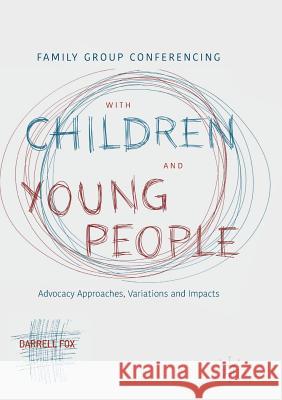Family Group Conferencing with Children and Young People: Advocacy Approaches, Variations and Impacts » książka
topmenu
Family Group Conferencing with Children and Young People: Advocacy Approaches, Variations and Impacts
ISBN-13: 9783319890784 / Angielski / Miękka / 2019 / 249 str.
Family Group Conferencing with Children and Young People: Advocacy Approaches, Variations and Impacts
ISBN-13: 9783319890784 / Angielski / Miękka / 2019 / 249 str.
cena 342,14
(netto: 325,85 VAT: 5%)
Najniższa cena z 30 dni: 327,68
(netto: 325,85 VAT: 5%)
Najniższa cena z 30 dni: 327,68
Termin realizacji zamówienia:
ok. 22 dni roboczych
Dostawa w 2026 r.
ok. 22 dni roboczych
Dostawa w 2026 r.
Darmowa dostawa!
Kategorie:
Kategorie BISAC:
Wydawca:
Palgrave MacMillan
Język:
Angielski
ISBN-13:
9783319890784
Rok wydania:
2019
Wydanie:
Softcover Repri
Ilość stron:
249
Waga:
0.35 kg
Wymiary:
15.0 x 20.9 x 1.8
Oprawa:
Miękka
Wolumenów:
01
Dodatkowe informacje:
Wydanie ilustrowane











